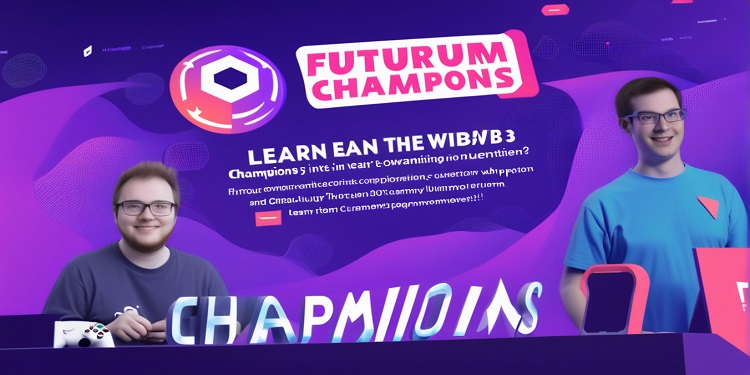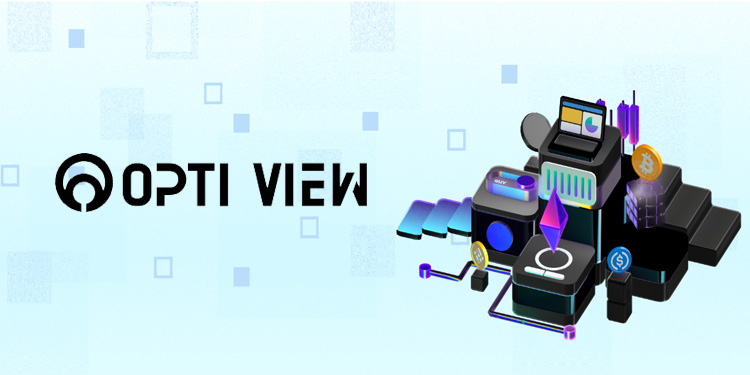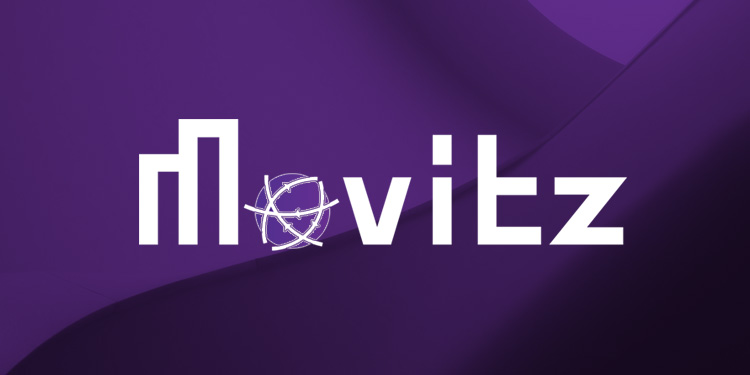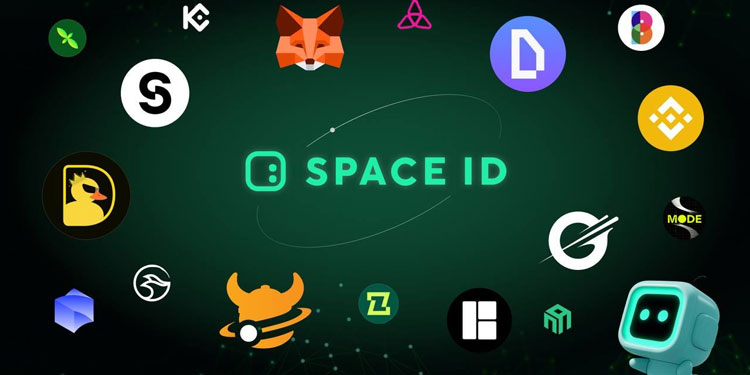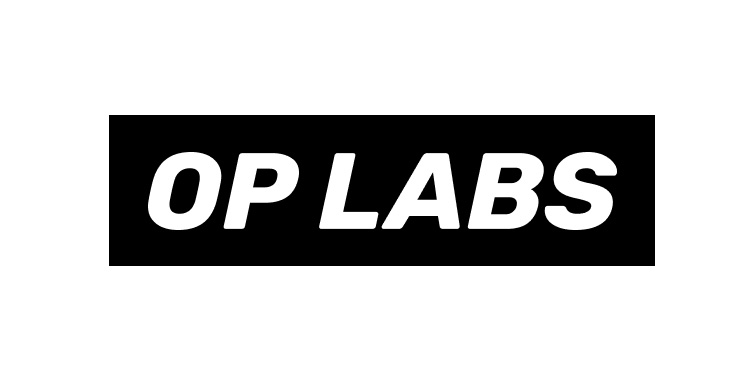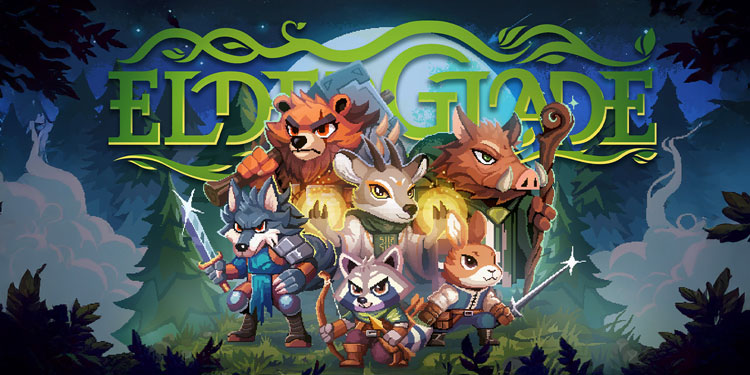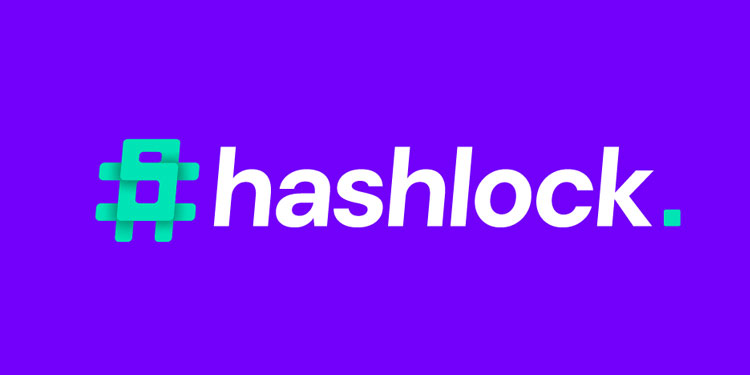As the initial excitement surrounding play-to-earn (P2E) games in the Web3 space begins to wane, a new direction is emerging—one that emphasizes deeper value, sustainable engagement, and real-world utility. Stepping into this evolving landscape, U.K.-based Futurum Gaming is positioning itself at the intersection of blockchain, artificial intelligence (AI), and education with a bold vision: to transform gaming into a tool for learning and long-term growth.
The company is developing a next-generation blockchain platform that aims to shift the narrative from simply earning tokens to actively learning through interactive gameplay. Futurum Gaming’s approach integrates AI-driven systems and tokenization, offering players a more meaningful gaming experience with tangible educational benefits.
At the core of Futurum’s strategy are three guiding principles: providing value through educational content, creating real-world utility within games, and establishing sustainable ecosystems. The company’s flagship innovation, the Paddle AI Tutor, is designed to personalize in-game learning experiences by adapting to each user’s needs in real time. This AI tutor is expected to turn gameplay into a continuous learning journey, helping players acquire knowledge while engaging with immersive challenges.
To track player progress and incentivize participation, Futurum will record educational milestones on-chain. Players are rewarded with in-platform tokens that maintain stability by being pegged to fiat currency. These tokens can be utilized within the game for purchasing upgrades or other digital assets, or converted into FTRM—the platform’s native token—which offers staking opportunities and can be traded on decentralized platforms.
Futurum has already made headway with two initial gaming titles. One is Race to Infinity, an award-winning math game originally created for Web2 audiences. The company acquired the exclusive digital and Web3 rights to the game, recognizing its potential to deliver measurable educational outcomes. According to company data, Race to Infinity has already demonstrated substantial results in classroom environments, with average math literacy improvements of nearly 59 percent. The second title, Quest to Infinity, takes this concept further, offering a more blockchain-native experience for advanced players.
30 Million Viewers Worldwide ✅
Emmy Award Winning Team ✅
Educational Learning + Gamefi ✅
Disrupting a $13B Industry ✅👉 https://t.co/OtdqX32ZW7 👈 pic.twitter.com/i29oFTnufc
— FUTURUM GAMING (@futurum_gaming) February 5, 2025
The startup’s broader ambition involves uniting two growing industries—edtech and blockchain gaming—by embedding verified educational content into its gameplay mechanics. Futurum believes the market currently suffers from an overemphasis on token speculation and short-term rewards, which often overshadow the need for high-quality content and user engagement. Instead of abandoning the P2E model entirely, the company is refining it into what it calls a “learn-and-earn” framework. This revised model encourages players to grow intellectually while still benefiting from blockchain incentives.
The FTRM token plays a crucial role in this ecosystem. It functions not only as a reward mechanism but also as a governance and staking tool, allowing users to participate in decision-making processes and support long-term project development. This dual-token structure is intended to promote both player involvement and ecosystem sustainability.
Futurum is also actively collaborating with educational institutions to ensure that its content remains verifiable and results-driven. The company has set ambitious goals for its near future, aiming to onboard 50,000 users and expand its platform across multiple blockchains by the end of 2025. This timeline is being treated as a foundational period, with the company aiming to position itself as a leading voice in educational Web3 gaming by 2026.
With its integrated use of AI, blockchain, and edtech, Futurum Gaming is presenting a compelling alternative to traditional gaming models. Its mission reflects a broader shift in the Web3 space—one that values meaningful interaction, long-term engagement, and the fusion of entertainment with purposeful learning.

